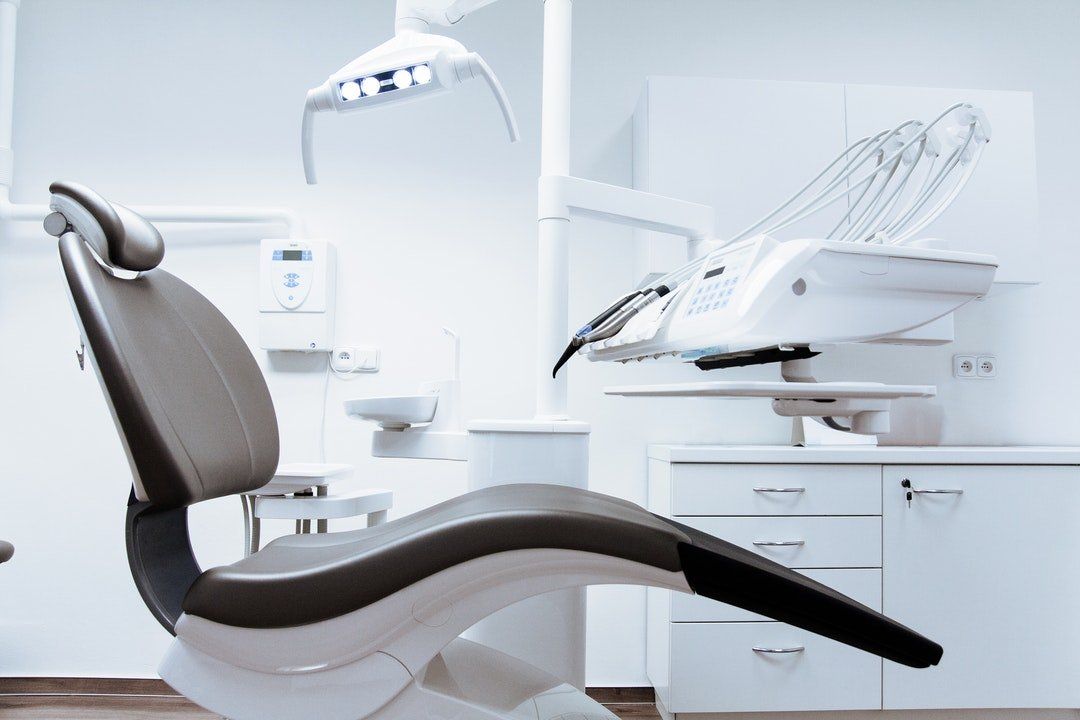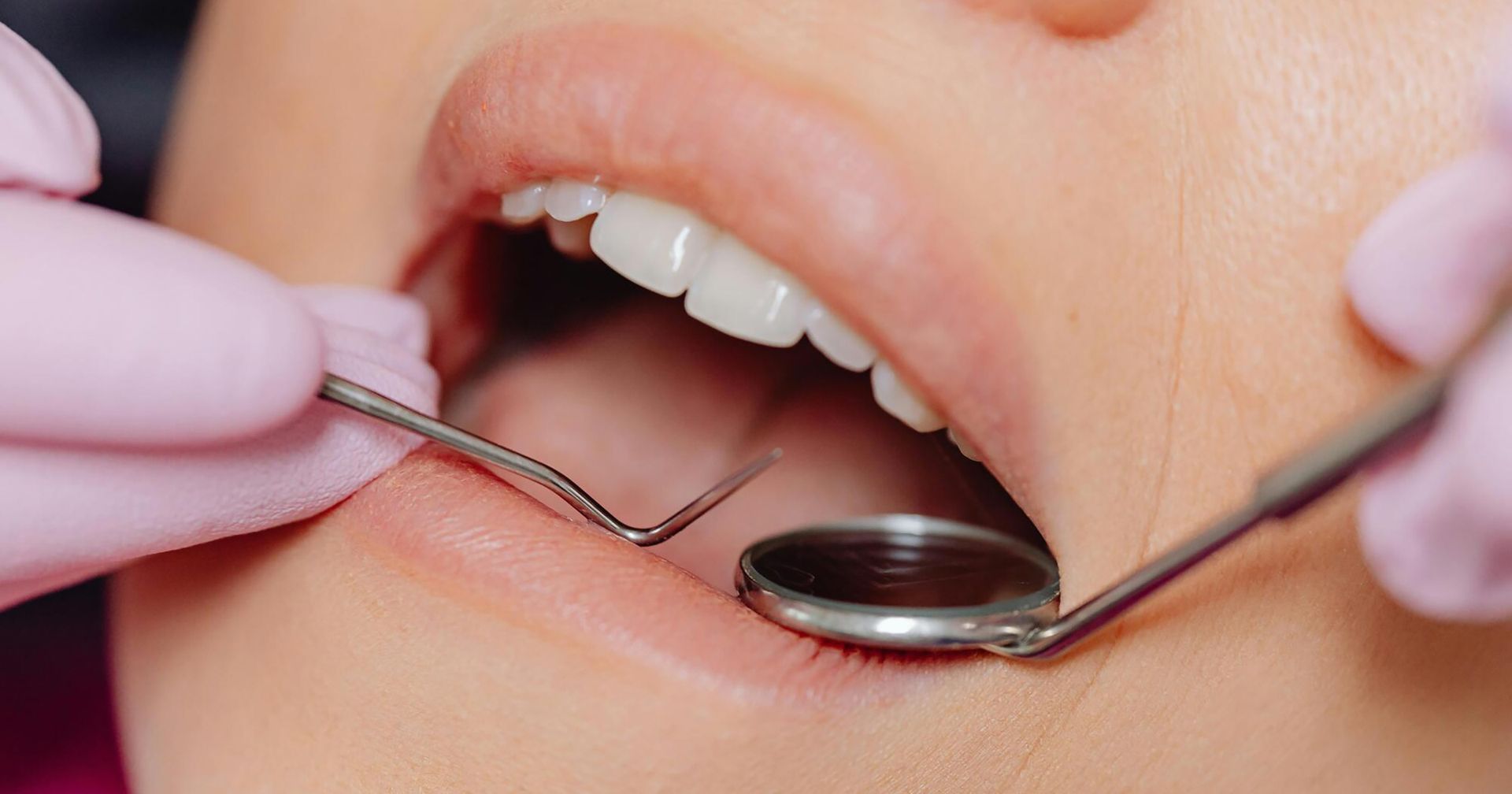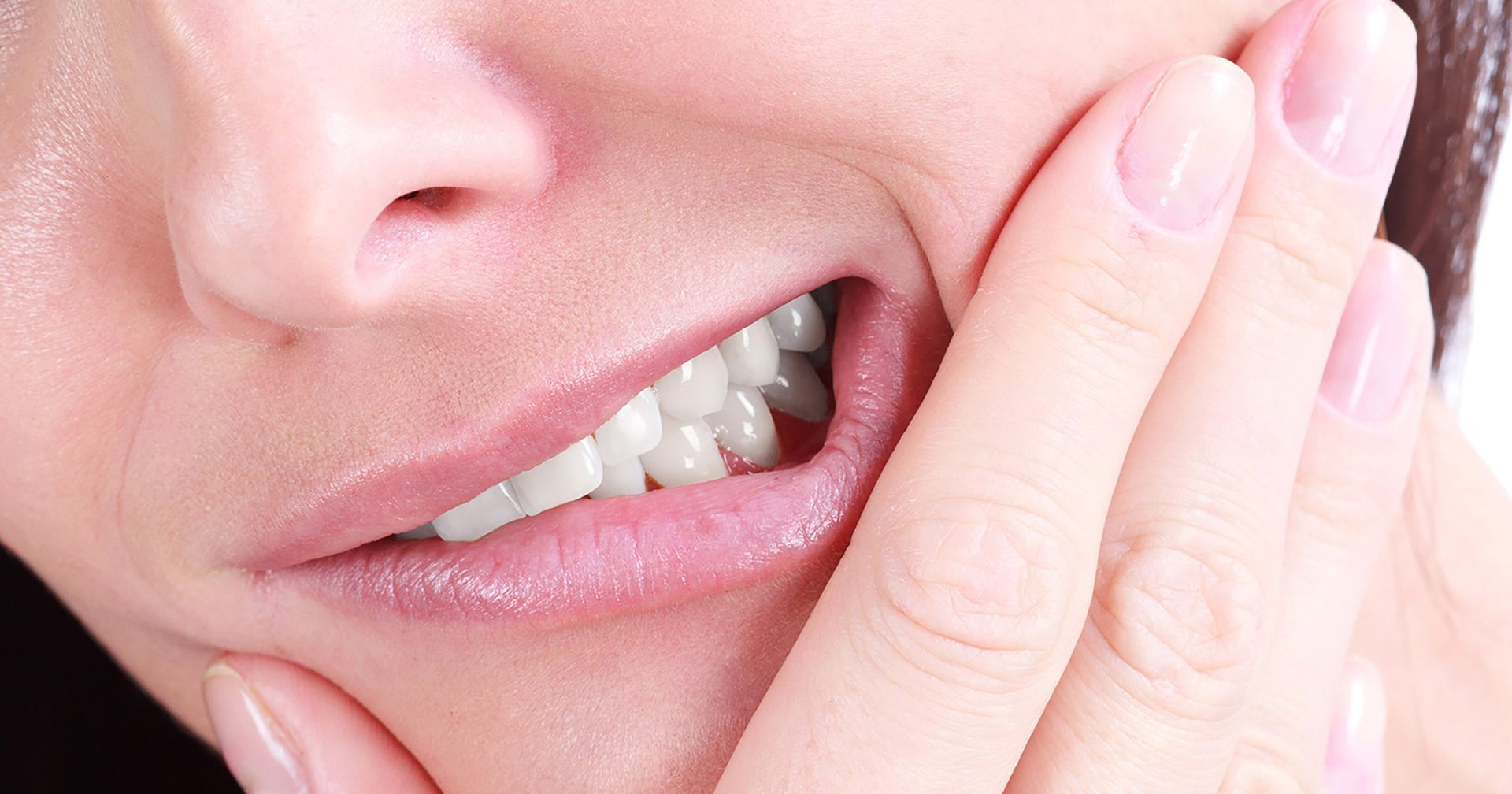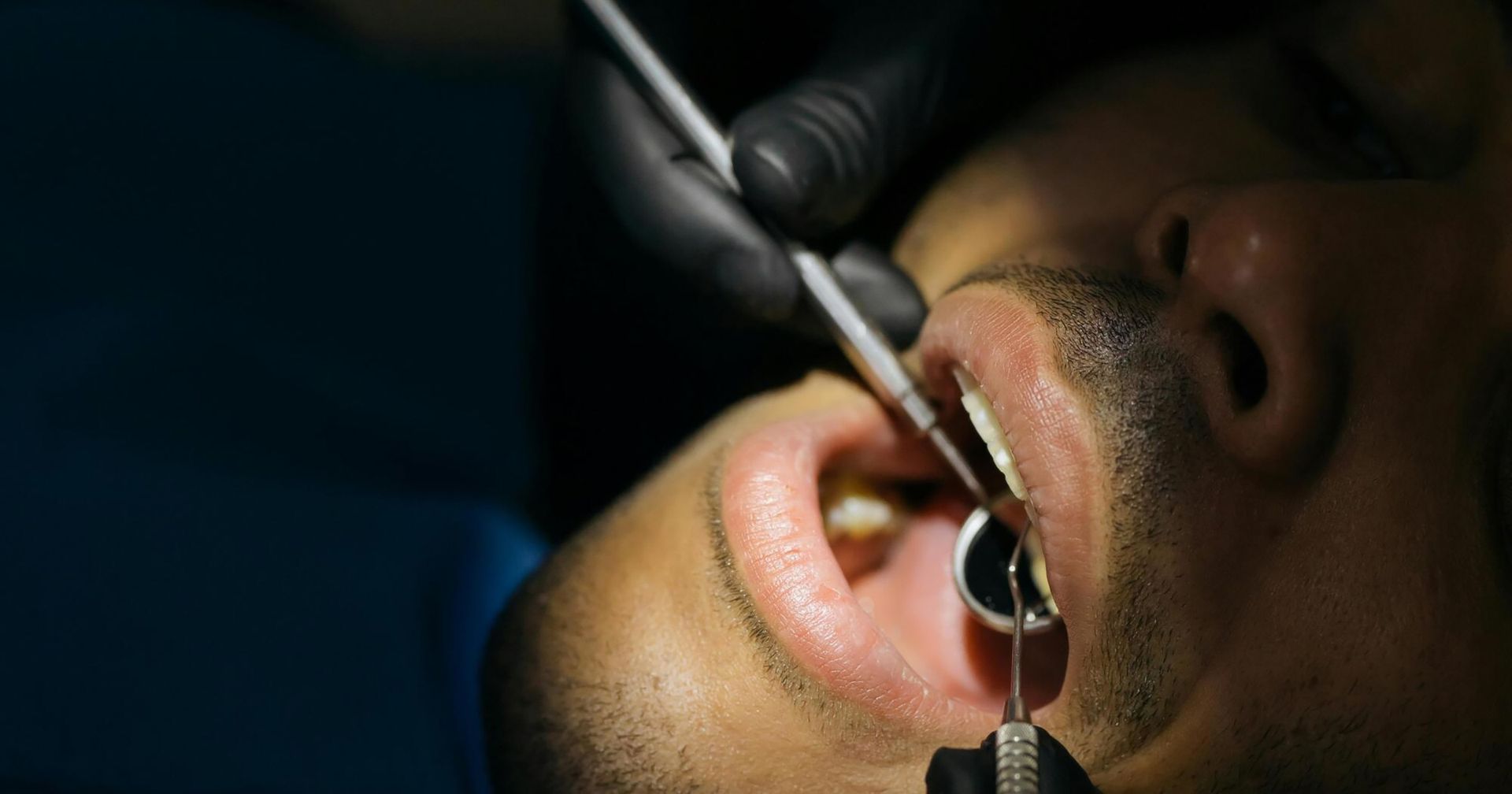It's not all about the teeth! The gums need attention as well to keep a healthy mouth. Here are the top 9 gum disease symptoms to look out for.
Over 47% of Americans have mild, moderate or severe gum disease, also known as periodontal disease. Gum diseases can easily lead to tooth loss if left untreated. If you fall into this percentage, you may be wondering: what are gum disease symptoms, what causes gum disease, and how can you treat it?
A healthy smile is an essential part of how you look and feel on a day-to-day basis. Read on to learn everything you need to know about gum disease.
Gum Disease Symptoms
Before attempting to treat gum disease, it is important to know whether or not gum disease is actually occurring. You can accomplish this by looking out for the nine signs of gum disease and their stages.
These symptoms include:
- A rapid increase of plaque that can build up around the gum tissue, causing inflammation and blood.
- A receding gum line, which can be a sign of a more advanced form of gum disease.
- Swollen or red gums.
- Gums that bleed when brushing or eating.
- Consistently bad breath or bad taste in the mouth.
- Pus in between the teeth.
- Difficulty biting.
- Loose or wiggly permanent teeth.
If you notice one or more of the symptoms listed above, you should visit your dentist to check for periodontal disease. They will be able to officially diagnose you with gum or periodontal disease and recommend the best treatment options.
What Causes Gum Disease?
While there are a number of reasons gum disease may occur, some causes tend to be more common than others. The top causes of gum disease include:
- Plaque buildup.
- Smoking.
- A change in hormones.
- Crooked teeth.
- A family history of gum disease.
No matter the cause, it's important to know the symptoms and what preventative measures you can take to lower your risk of gum disease. The sooner you catch and treat gum disease, the more likely you are to avoid future damage and tooth loss.
Gum Disease Treatment
If you already have gum disease, there are a number of treatment options available to repair the damage.
A common treatment for periodontal disease is
scaling and root planing. Dental scaling is a method of removing tartar buildup from below the gum line so the bacteria cannot infect the gums. Root planing is a procedure where the periodontist smooths rough spots from the roots of your teeth so the bacteria can’t stick to the roots easily. Scaling and root planing is also referred to as a
deep cleaning. The deep cleaning will occur under the gum line through the use of a special instrument.
Depending on the severity of the gum disease, the dentist may decide that it's best to use antibiotic medication to help stop or reduce the bacteria.
Your dentist can also recommend specific brands of mouthwashes that are designed to treat moderate cases of gum disease.
Preventing Gum Disease
The best way to treat gum disease is to prevent it from occurring in the first place. Remember, the best prevention starts right in your bathroom.
The first step is good oral hygiene. Be sure to brush all the teeth in your mouth for at least two minutes, twice a day, using a fluoride toothpaste. If you use a manual toothbrush, remember to scrub in small circular motions, and don’t forget around the gum line. Flossing each day can also dramatically reduce the amount of plaque that occurs where a toothbrush typically can't reach, which helps prevent periodontal disease.
In addition to brushing and flossing, you may also want to incorporate a mouthwash into your daily routine. This helps protect your teeth and gums from harmful bacteria.
Finally, living a healthy lifestyle can also reduce the chances of gum disease occurring. Try a healthy diet with limited amounts of starchy and sugary foods and drinks, which can stick to your teeth and damage them. Also, avoid smoking cigarettes or the use of tobacco, as this can easily lead to gum disease as well as oral cancer.
If you are on any medications, discuss with your doctor whether or not they can contribute to periodontal disease and if there is an alternative.
Regular checkups with your dentist are also a great way to verify your oral hygiene and detect any signs of gum disease before the situation becomes too advanced.
What to Ask Your Dentist
In addition to treating and preventing gum disease, there are some questions you should ask your dentist in order to maintain your best dental health. These questions may include:
Am I performing my brushing and flossing routine correctly?- Are there better choices for dental tools?
- What's the current state of my teeth and gums?
- Are there any teeth I should be keeping a closer eye on?
- What are some ways I can improve my overall dental health?
- Based on my family's history, what science should I be on the lookout for?
Your dentist will be happy to answer these questions because they want you to maintain a healthy, winning smile and will do whatever they can to help.
The Right Dental Care for You
Having the right dental care in place when you notice specific symptoms of gum disease is incredibly important. Your dentist will be responsible for sending you on the right path by recommending a specific treatment or by helping you avoid gum disease from the start.
If you're looking to find experienced dentists that know the best treatment for eliminating gum disease, contact us today to book your appointment. The sooner you come in to seek treatment, the stronger the likelihood will be that the gum disease can be reversed and prevented in the future.










